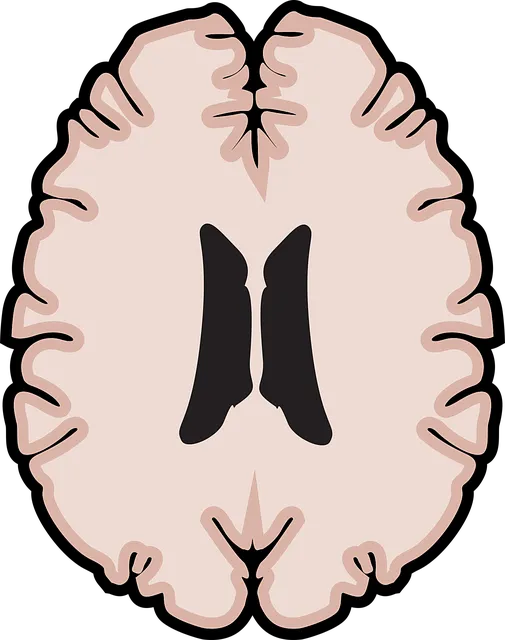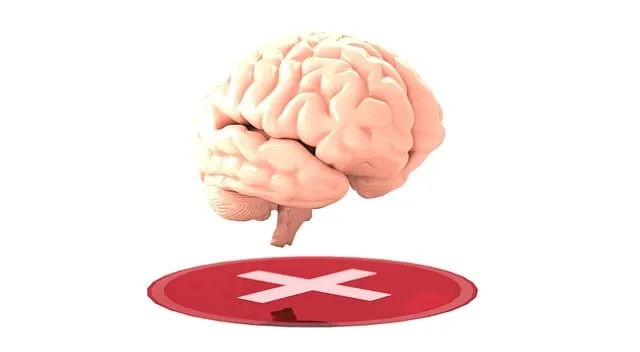Self-assessment tools are transforming mental healthcare at institutions like Wheat Ridge Kaiser Permanente, encouraging early issue identification and proactive well-being management. These tools, incorporating culturally sensitive practices and journaling exercises, offer valuable insights into thoughts and emotions, fostering personal growth and resilience. Organizations develop valid, reliable, and culturally sensitive assessments adaptable to diverse populations, such as Mindfulness Meditation or Burnout Prevention Strategies. Implementation involves staff training, digital tool integration, and patient education, aiming to improve patient outcomes and create an inclusive environment. Success is measured through user satisfaction, mood management impact, and self-reflection improvements, with continuous refinement based on feedback and tracking adherence rates.
Mental wellness self-assessment tools play a pivotal role in enhancing access to mental health care, particularly in primary settings like Kaiser Permanente’s Wheat Ridge Services. This article delves into the development of such tools, highlighting their importance for early intervention and personalized treatment plans. We explore the process from understanding the need to designing effective assessments, integrating them into established services, and measuring their impact on patient outcomes at Wheat Ridge Kaiser Permanente, serving a diverse population with varied mental health needs.
- Understanding the Need for Self-Assessment Tools in Mental Health Care
- Designing Effective Mental Wellness Assessment Tools
- Integrating and Implementing Self-Assessment within Kaiser Permanente's Wheat Ridge Services
- Measuring Success and Continuous Improvement Strategies
Understanding the Need for Self-Assessment Tools in Mental Health Care

In today’s fast-paced world, self-assessment tools play a pivotal role in mental health care, especially within renowned healthcare institutions like Wheat Ridge Kaiser Permanente. These tools empower individuals to take an active role in understanding and managing their mental wellness. Given the increasing demand for accessible and personalized mental healthcare services, self-assessment becomes a critical component, enabling early identification of issues and promoting proactive well-being.
The development of effective self-assessment tools should consider various aspects, including cultural sensitivity and compassion cultivation practices, as highlighted in Healthcare Provider Cultural Competency Training. Incorporating journaling exercises as part of these assessments can offer valuable insights into one’s thoughts and emotions, serving as a Mental Wellness Journaling Exercise Guidance. This practice not only aids individuals in reflecting on their mental state but also fosters personal growth and resilience, ultimately contributing to improved mental health outcomes.
Designing Effective Mental Wellness Assessment Tools

Designing effective mental wellness assessment tools is a multifaceted process that involves understanding individual needs and incorporating various elements to create comprehensive evaluations. These tools play a pivotal role in identifying mental health issues, tracking progress, and tailoring interventions, such as Mindfulness Meditation or Burnout Prevention Strategies for Healthcare Providers. They should be user-friendly, culturally sensitive, and adaptable to diverse populations.
For instance, integrating Mental Wellness Coaching Programs Development into assessment protocols can facilitate personalized support and promote self-awareness. Tools developed by organizations like Wheat Ridge Kaiser Permanente mental health services number should consider validity, reliability, and sensitivity to ensure accurate assessments. By combining scientific rigor with a holistic approach, these tools empower individuals to take charge of their mental wellness while providing valuable data for healthcare professionals.
Integrating and Implementing Self-Assessment within Kaiser Permanente's Wheat Ridge Services

At Wheat Ridge Kaiser Permanente, integrating self-assessment tools into their mental health services is a strategic move to empower patients and enhance overall well-being. By incorporating these assessments, healthcare professionals can offer personalized guidance tailored to individual needs. This approach aligns with the organization’s commitment to evidence-based practices, ensuring that patients receive effective support for emotional regulation and mental wellness coaching.
The implementation process involves a multi-faceted strategy, including training staff on various self-assessment techniques, integrating digital tools to streamline data collection, and promoting patient education. As part of their Mental Health Policy Analysis and Advocacy efforts, Kaiser Permanente aims to make these resources accessible and user-friendly, encouraging patients to take an active role in managing their mental health. Such initiatives have the potential to improve patient outcomes and foster a more inclusive and supportive environment for those seeking Wheat Ridge Kaiser Permanente’s expert mental health services.
Measuring Success and Continuous Improvement Strategies

Measuring success and implementing continuous improvement strategies are vital components of developing effective self-assessment tools for mental wellness. Success can be gauged by several factors, including user satisfaction, the tool’s impact on mood management, and its ability to encourage self-reflection and self-esteem improvement. Tools like those offered by Wheat Ridge Kaiser Permanente mental health services number can serve as a benchmark, providing insights into what works best for individuals seeking support.
Regular feedback from users is essential for continuous improvement. This includes tracking changes in users’ Mental Wellness Journaling Exercise Guidance adherence rates, mood fluctuations, and overall well-being over time. By analyzing this data, developers can identify areas that require refinement, whether it’s enhancing specific features, adding new content tailored to emerging needs (like stress management techniques), or improving accessibility for diverse user groups. Such iterative processes ensure the tools remain relevant and effective in supporting mental health initiatives.
Mental wellness self-assessment tools play a pivotal role in enhancing the accessibility and effectiveness of mental health care, particularly within integrated healthcare systems like Wheat Ridge Kaiser Permanente. By implementing these tools, organizations can empower individuals to actively participate in their mental health management, leading to improved outcomes. The success of such initiatives is evident through the increasing number of Wheat Ridge Kaiser Permanente’s mental health services users who report enhanced self-awareness and better coping strategies. Continuous improvement strategies, based on measured successes, ensure that these tools remain relevant and effective in meeting the evolving needs of individuals seeking mental wellness support.






